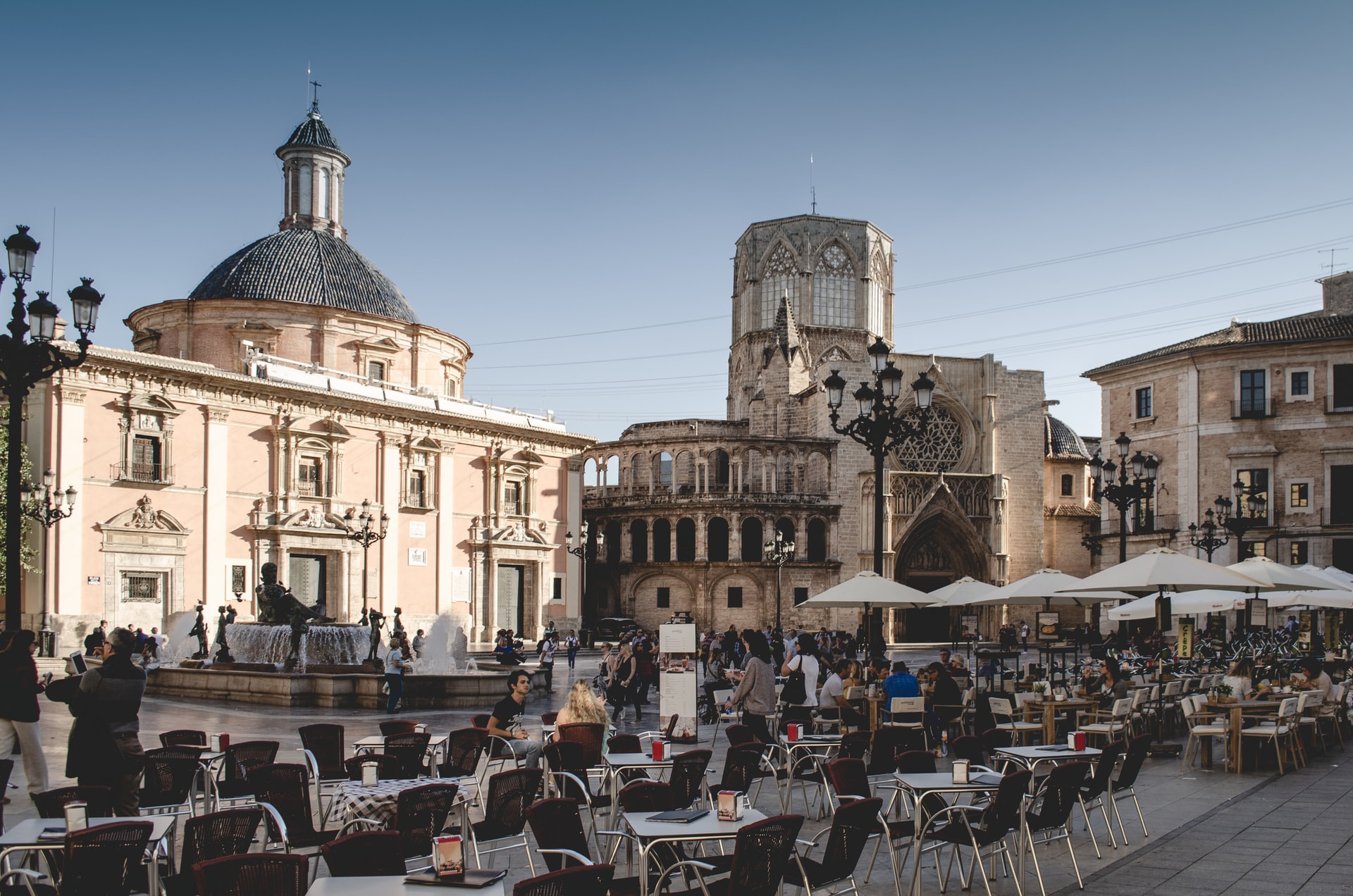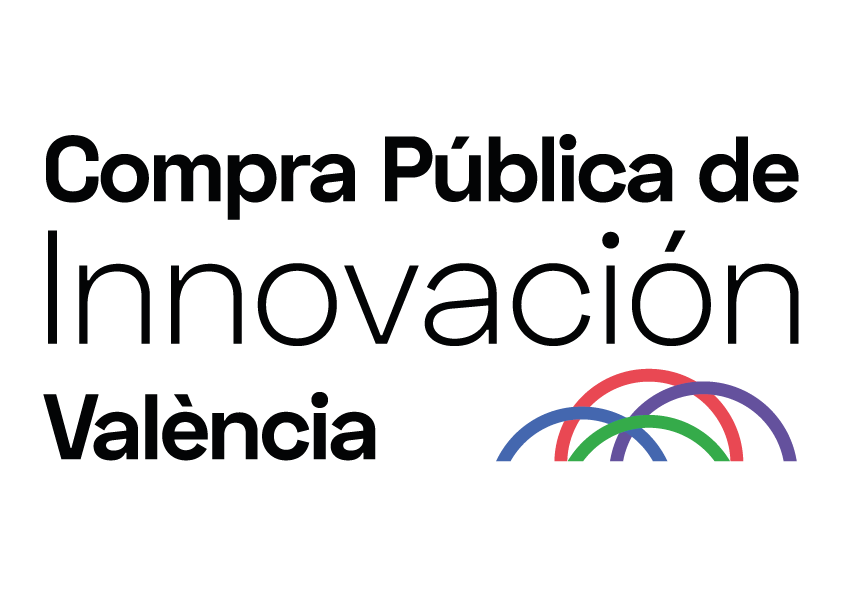Challenge 3: Urbanism and sustainable habitat
Adaptation and renovation of public and private infrastructure, equipment, buildings and housing in order to optimise energy efficiency and emissions in the city.

Specific objectives
- Deploy smart energy management and demand response systems for households, businesses and public infrastructure.
- Explore the potential of digital twins for municipal energy management, including integrating consumption in public and private spaces.
- Intensify the use of district networks and micro-grids linked to energy communities. Including with digitalised management systems.
- Implement envelope improvement systems, exterior and interior thermal insulation systems (mainly those manufactured with a circular economy model) and insulation systems with intelligent passive thermal heat conduction.
- Promote the improvement of energy insulation of buildings and homes in the city on a massive scale, through standardised technical solutions and business models that allow the grouping of demand and joint action on a large scale.
- Implement insulation systems based on locally sourced vegetable biomass.
Implement and promote the adoption of coatings with improved reflective and emissive properties. - Explore the potential of coating and cladding materials with CO2 absorption capacity.
- Deploy building solutions based on enclosures with improved thermal properties.
- Encourage the adoption of domestic waste heat recovery systems (individual and communal) from grey water, domestic appliances, and centralised thermal energy systems, in combination with heat transformers based on the heat pump principle. Even greywater heat recovery systems from municipal wastewater collectors.
- Deploy industrial and commercial heat recovery systems (large data processing centres, laundries, kitchens in bars and restaurants, slaughterhouses, logistics distribution centres, etc.) hybridised with medium and high temperature heat pumps and refrigeration equipment.
- Deploy air-conditioning systems based on high-efficiency heat pumps to replace conventional heat generation systems.
- Deploy air-conditioning and DHW systems based on high-efficiency centralised heat pumps with modular design to replace conventional fossil fuel-based generation systems. Even hybrid solutions with conventional systems and integrated with local renewable energy generation and energy storage systems with intelligent control of cooling, heating and DHW production.
- Explore the potential of geothermal-based HVAC solutions, including working with the city’s groundwater and low-pressure water network.
- Implement and encourage the adoption of solutions aligned with the objectives of the New European Bauhaus in new buildings and urban plans.
- Explore the use of environmental metering systems for public space by rebalancing green and blue infrastructures.
- In general, promote the improvement of energy efficiency and the reduction of emissions in public and private buildings, spaces, infrastructures and facilities in the City.

